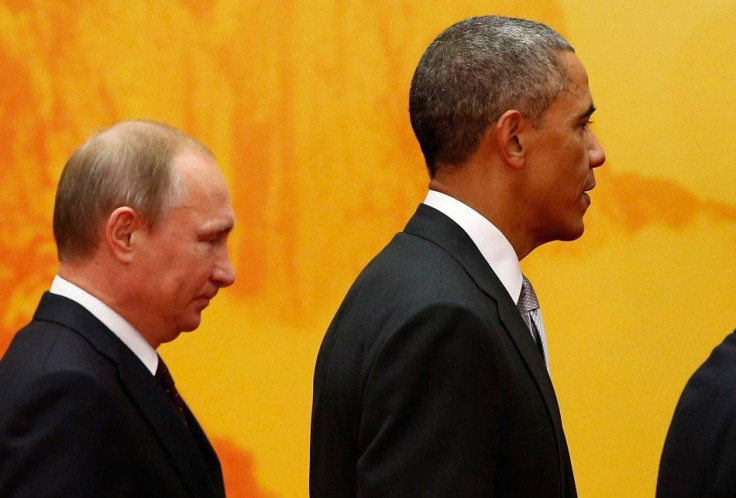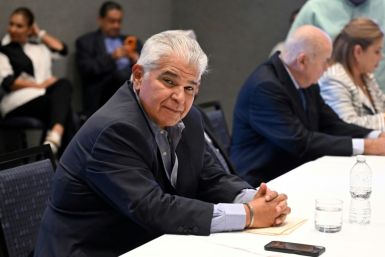US is Capable of Killing Russian and Chinese Attacks including Iran Nuclear Standoff

World wars have been a long time far off but a recent report suggests that if the United States cannot hold other nations down and regulate nuclear programs better, Russia and China can attack Western soil easily. Likewise, some are calling out to President Barrack Obama to be ready to use military force to subdue Ayatollah Khamenei and conclude the nuclear standoff. Will the United States answer to the plea and threaten Iran with American military action to reach the desired compromise?
Nuclear weapons were mobilized during the Cold War under the Soviet Union and the United States. Today, several countries also own their nuclear weapons including the United Kingdom, China, Russia, France, India, Pakistan and the United States. Downsizing efforts have not reached all parts of the globe with Pakistan reportedly growing its potential by the day. The report on Strategic Stability in the Second Nuclear Age notes that around 2020, Pakistan could have around 200 nuclear devices. The author, Gregory Koblentz, claims South Asia as the region "most at risk of a breakdown in strategic stability due to an explosive mixture of unresolved territorial disputes, cross-border terrorism, and growing nuclear arsenals."
Koblentz further asserts: "The United States has more to lose from a breakdown in strategic stability than any other country due to its position as a global leader, the interdependence of its economy, and the network of security commitments it has around the world."
United States and Russia remain the powerful entities in this regard as they have more than 90% of the nuclear weapons globally. However, if the U.S.-Russia relations continue to degrade, there is no reason stopping Russia and China to launch a nuclear assault on the West. Lately, Russia has been "frosty" over the country for its sanctions against Russian military mobilization in Ukraine.
The Telegraph shares the same thoughts claiming that the United States can keep countries like Iran at bay if it can impose "a more credible threat of American military action." According to the report, Ayatollah Khamenei, must understand that does not all the card advantage. Use of military force is crucial is ending the nuclear standoff. Tom Rogan's take on the issue begins by saying Khamenei is a theological absolutist. This means being flexible will not cut it for negotiations like nuclear weapons. The expiration of the deadline and extension of the talks have given Khamenei the impression that he can hold out on the deal without incurring penalties. Strategic calculations must be countered with strategic but also military calculations.
Both reports point the capability and preparedness of the United States to counter off aggressive military and nuclear schemes provided it can be organized properly.






